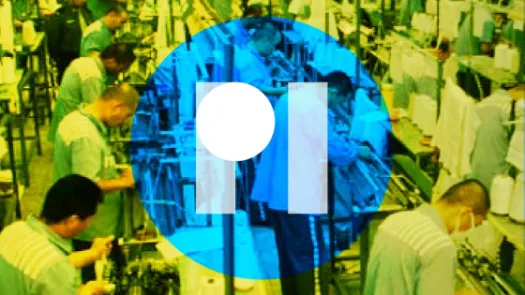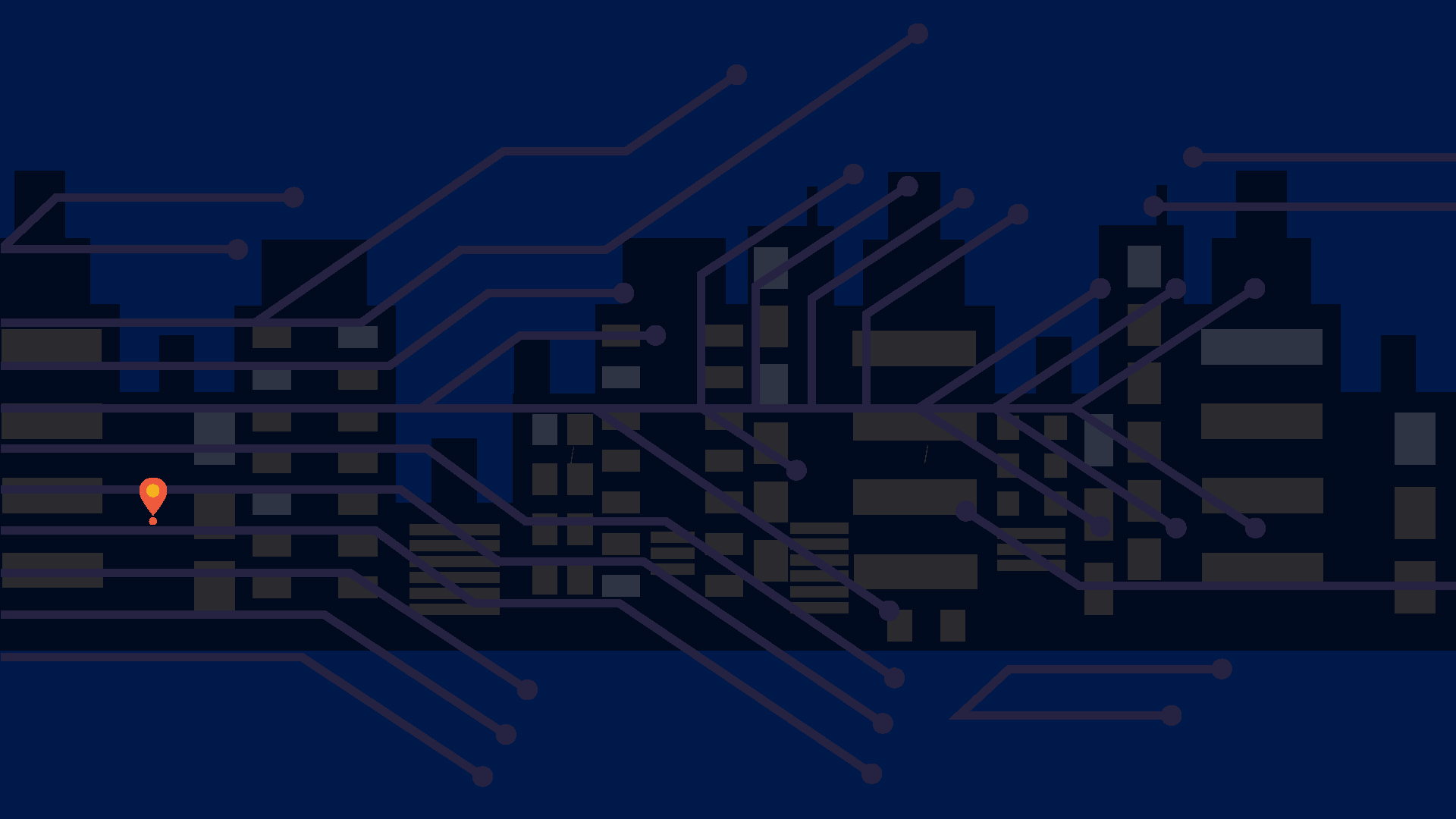Pa's story: how a facial recognition system potentially failed to recognise a driver of colour and may have cost him his job
Update: Pa has since won a settlement from Uber
Please note the views expressed in the video are interviewee's own and do not necessarily reflect the views of PI.
Pa used to work for Uber. After some time, Uber started asking him to submit a picture of himself to the platform to confirm it was indeed






